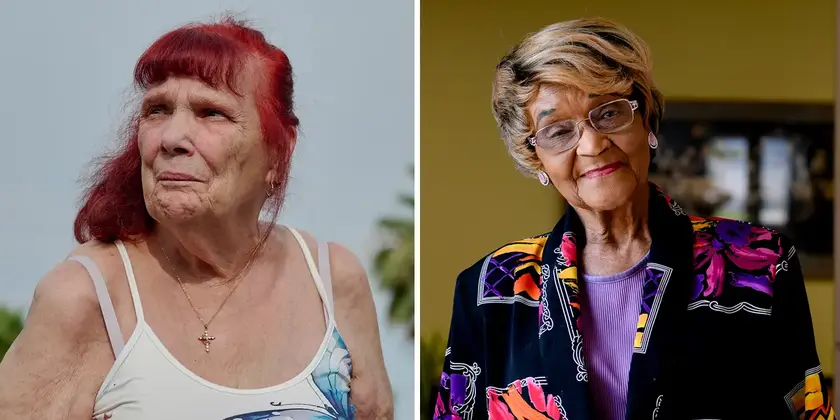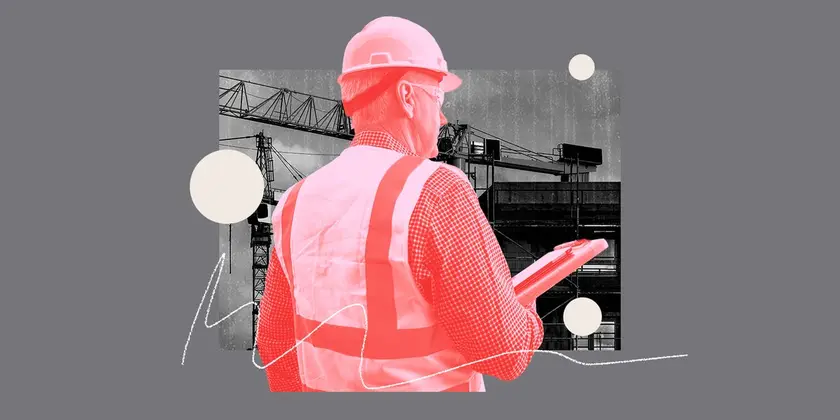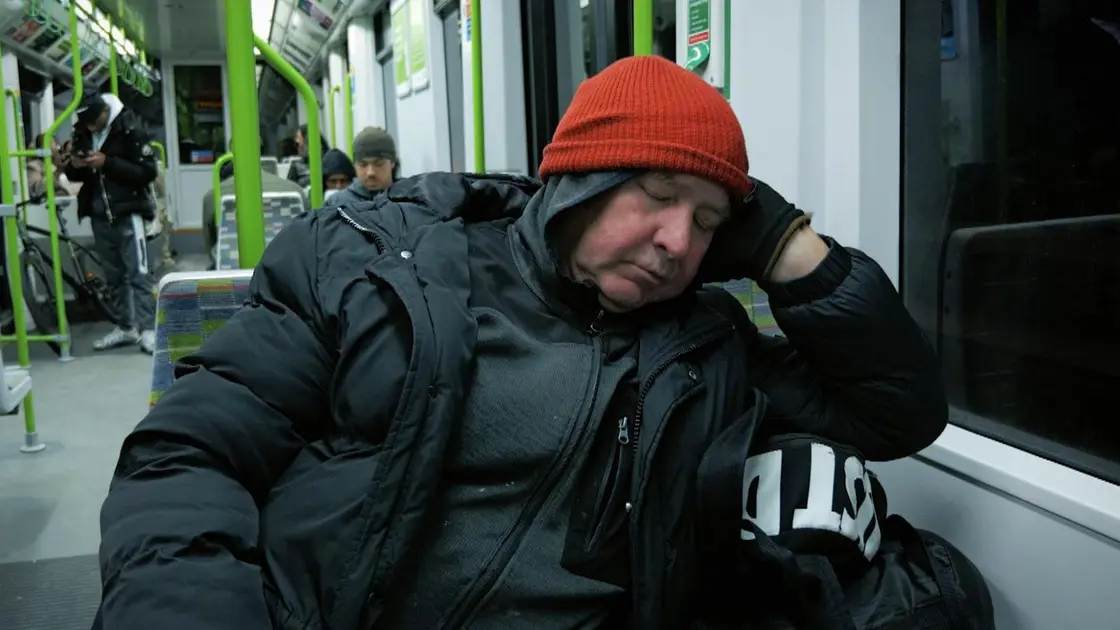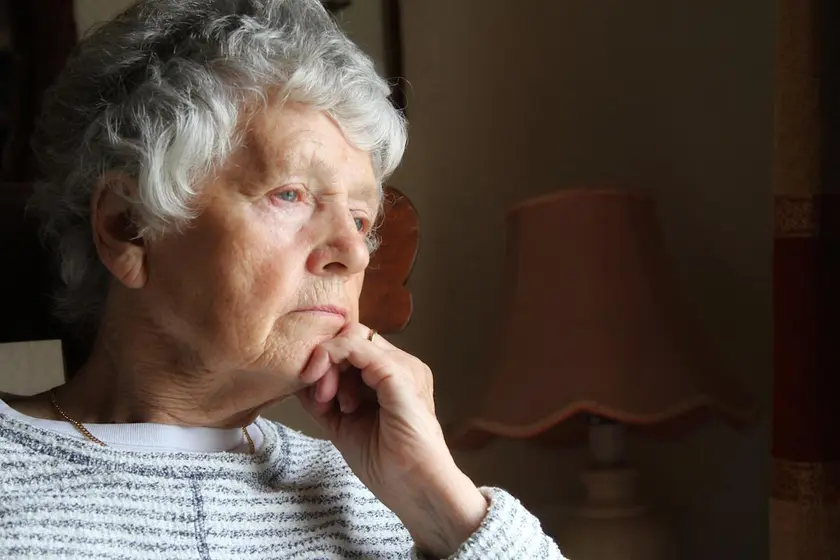T4K3.news
Older workers face growing financial pressure
A large share of Americans in their 80s live on small Social Security plus part-time work as savings shrink and costs rise.

Many Americans in their 80s rely on a mix of Social Security, savings and part‑time work to cover growing costs.
Older Americans Work Into Their 80s to Live Paycheck to Paycheck
A Business Insider analysis of Census Bureau data finds nearly 550,000 Americans are still working past age 80, a figure that highlights how retirement has shifted for a large part of the population. The group is concentrated in fields like education, construction, and religious services, and their work often serves as both income and purpose. One example is Sandy McConnell, 80, who earns about $50,000 a year plus $1,784 in monthly Social Security, yet faces expenses over $3,000 a month and about $70,000 in debt. Her savings are thin, and retirement remains out of reach. Across stories collected for BI, many older workers describe a similar pattern: savings empties quickly after health emergencies or job loss, while Social Security benefits barely cover basic needs.
Beyond the financial figures, the data show a broader reality: among those 80 and older, 27% are self-employed, and many say work is about meaning and social connection as much as money. Some consider selling their homes, though equity is often treated as a last resort. For many, the line between work and life has shifted from pension planning to ongoing income maintenance. In the larger picture, older workers face a mix of modest incomes and rising costs—particular in health care and housing—that makes a clean break at 65 less likely than in the past.
The statistics from 75 and older reveal a similar story: median income around $49,100 in 2022, with a median net worth of about $335,600. Yet a substantial share still lacks retirement savings, underscoring a gap between expectations and reality as the aging population grows. The piece also notes that some older people find empowerment in work, taking roles that fit health constraints and offer social interaction, while others struggle to find suitable, well-paying options.
Key Takeaways
"Life is too freaking short"
Sandy McConnell on prioritizing social meals and staying hopeful despite money worries
"I know I can survive"
Connie Martin on budgeting and confidence despite limited savings
"Elderhood doesn't mean any one thing, but it certainly doesn't mean that you have to stop contributing"
Tracey Gendron on the purpose and value of late-life work
"What keeps me going is keeping active and busy"
Bruce Rubin on staying engaged while facing illness and funding hurdles
The trend of people working into their 80s reflects a shift in how Americans approach old age. Retirement is no longer a guaranteed stop, but a spectrum of ongoing employment, budgets stretched by medical costs, and the reality that housing equity may not be quickly accessible. This creates a social texture where purpose competes with poverty, and where policy gaps in Social Security, healthcare coverage, and elder support become sharper as more people age with debt. The stories also point to resilience: communities, family networks and flexible, low-barrier jobs help some stay afloat. Yet the underlying fragility is clear. If the country wants a stable aging population, it must reframe retirement the same way it did health care and housing costs with policies that reduce risk, not just patch debts.
Highlights
- Life is too freaking short
- I know I can survive
- Elderhood doesn't mean you have to stop contributing
- What keeps me going is keeping active and busy
Budget and financial strain in late life raise sensitivity
The article highlights widespread financial hardship among Americans 80 and older, including debt, limited savings and rising costs. This raises potential policy and public reaction concerns around retirement security and social safety nets.
The story invites a broader look at what security means in old age
Enjoyed this? Let your friends know!
Related News

Job Market Challenges for All Generations

Americans 80 and older increasingly active in the workforce

New insights on the challenges of generative AI

Carpenter Daniel Wren sleeps on trains due to homelessness

Gusto restaurant chain to enter administration

Labour plans review of state pension age

Significant pension age change could cost thousands

Pensioners demand increases to address 30-year delay
